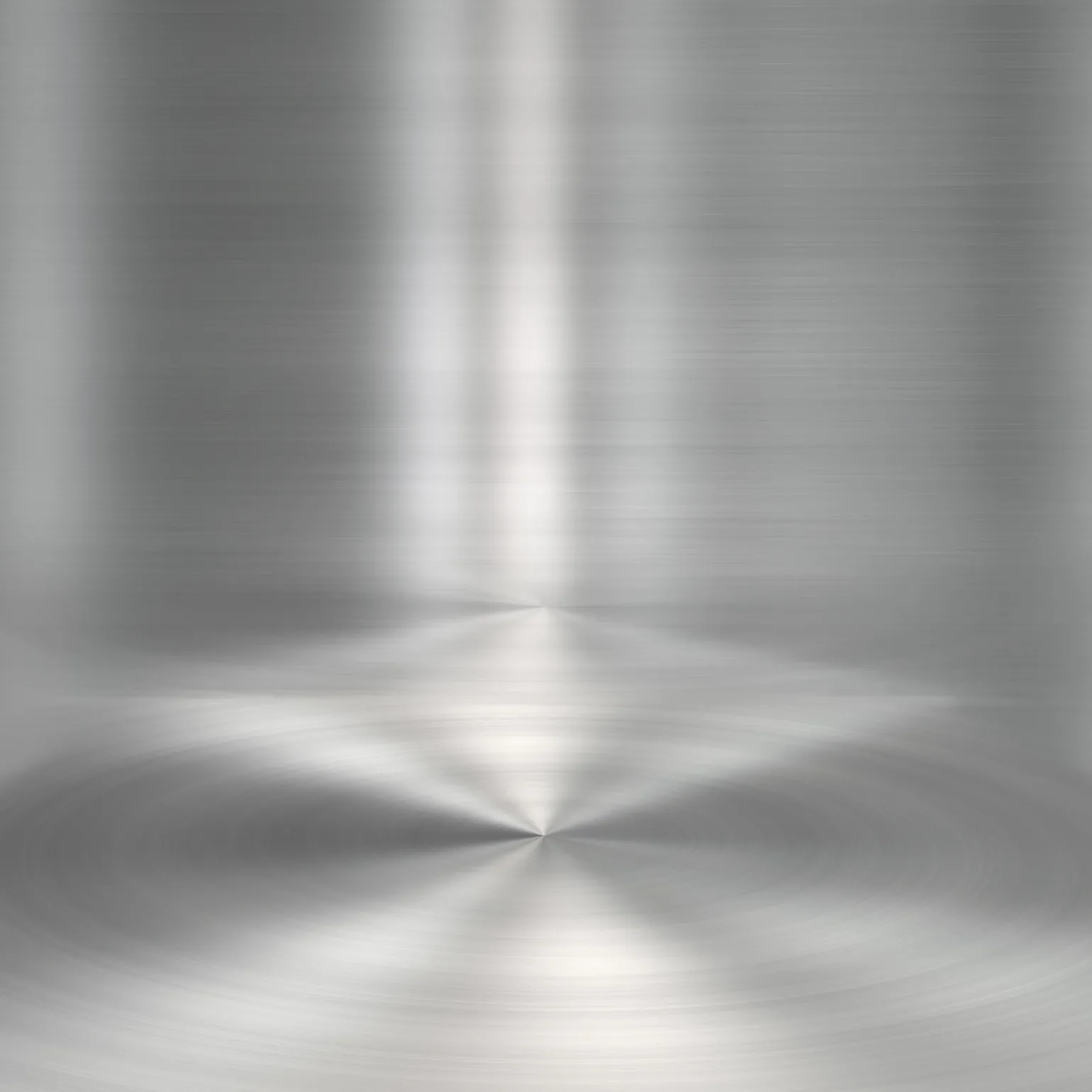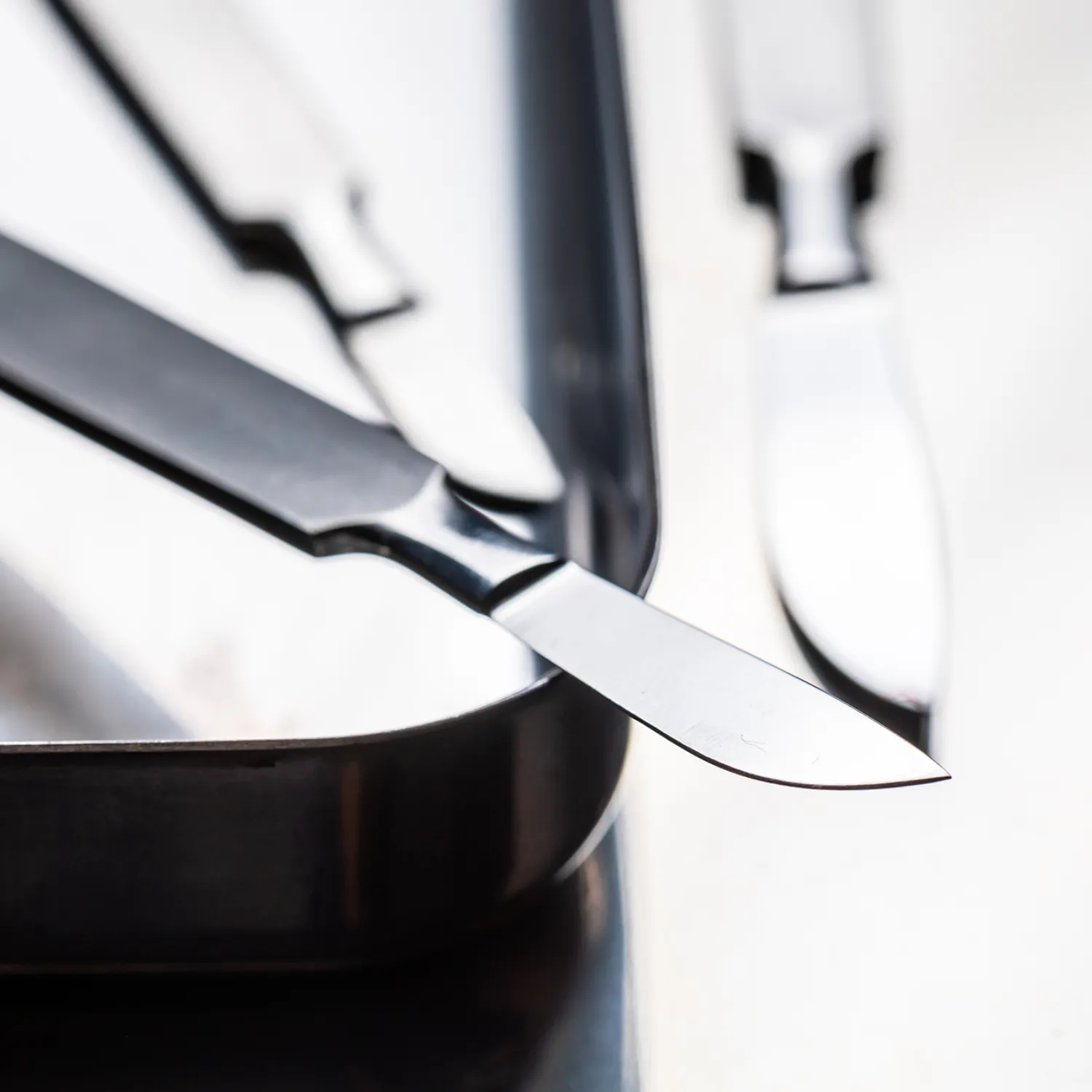The Longevity of Stainless Steel
Before taking a closer look at stainless steel properties, let’s find out more about this alloy. The term ‘stainless steel’ is used for a range of steels known for their corrosion resistance. At its most basic, stainless steel is a low carbon steel that contains an appreciable amount of chromium to give it robust stain and corrosion resistance.
Used in a vast number of applications in an incredible number of industries, stainless steel’s corrosion resistance and durability are known throughout the UK and around the world. This iron-based alloy containing a fair percentage of chromium, nickel, and other elements is available in an array of versatile alloys that allow for unbelievable creativity in its application.
Stainless steel is used for table cutlery, kitchen surfaces, modern building facades, artwork, nuclear reactors, and in many other settings. You can order superior stainless steel from Steel Plate & Sections, or keep reading to find out why stainless steel is corrosion-resistant and so much more.
For an alloy to gain stainless steel properties and to be classed as stainless steel, it must contain at least 10.5% chromium. There are five different families or groups of stainless steel. These include austenitic, duplex, ferritic, martensitic, and precipitation hardening steels. The basic characteristics of stainless steel include:

Is stainless steel corrosion resistant?
If you know of stainless steel by name only, it’s only natural to ask, “Is stainless steel corrosion resistant?” This popular alloy is resistant to corrosion. However, it is not completely immune to rust. Exposing stainless steel to damaging chemicals, grease, heat, moisture, or saline for long periods of time can cause them to corrode and rust.

Corrosion-resistant properties of stainless steel
All stainless steels have good corrosion resistance in common. Low alloy grades are designed to resist corrosion in normal conditions, while higher alloy grades are made to resist corrosion from acids, alkaline solutions, and chloride environments.
Taking a closer look at stainless steel corrosion resistance, you’ll find that the clear oxide layer which forms spontaneously on the alloy’s surface when the steel is exposed to air is ‘self-healing.’ If the stainless steel is damaged chemically or mechanically and oxygen is present, the film will ‘heal itself’ to maintain corrosion-resistant stainless steel properties.
Stainless steel has low brittleness susceptibility at low and high temperatures. This makes the alloy incredibly durable and tough. In addition to the alloy’s corrosion resistance, this high durability makes it suitable for a wide range of applications.
While stainless steel corrosion resistance is robust, it’s not immune to rust. Stainless steel does rust if exposed to corrosive chemicals, grease, heat, moisture, or saline for extended periods of time.
When properly maintained in the right environment, stainless steel has a lifespan of more than 50 years. Regular steel has a much shorter lifespan, especially when water exposure contributes to corrosion and rust.
Look no further than SPS for stainless steel corrosion resistance you can trust. Choose from a huge range of stainless steel, including austenitic, martensitic, and ferritic grades, as well as duplex, nickel, and super duplex alloys. Contact our team for further assistance with bespoke orders or more information.